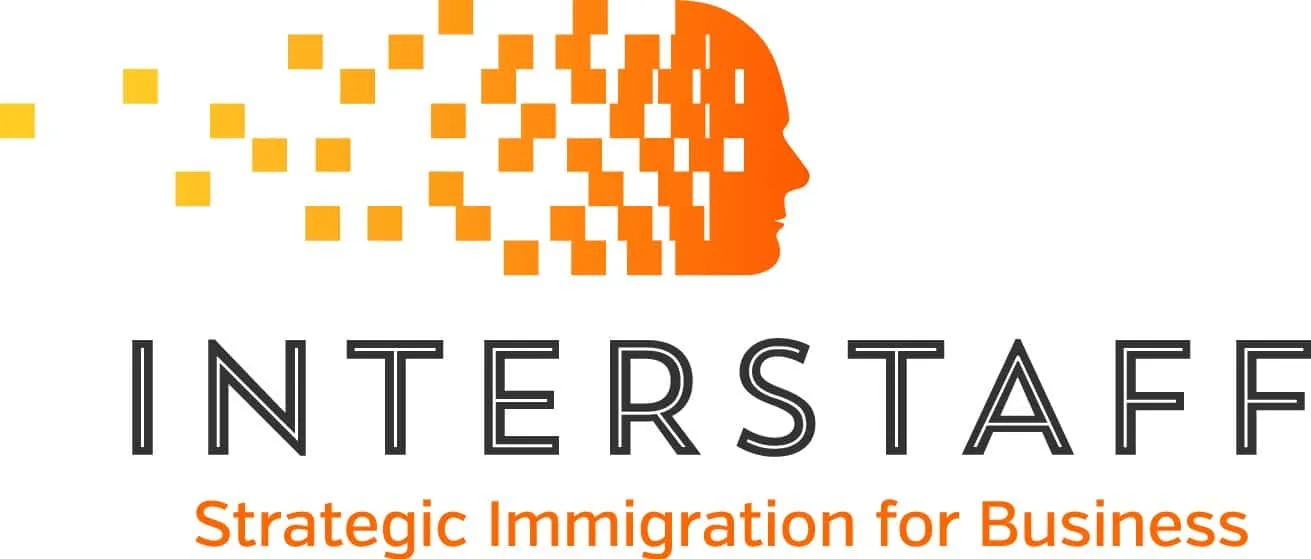How Australian Skilled Visas Will Be Prioritised For Government Processing In 2024

Applications for employer-sponsored visas for regional Australia will be prioritised for processing in 2024 according to the Government’s new Ministerial Direction (No. 105). The Government will also continue to prioritise skilled visas for occupations in healthcare and education, as well as employer-sponsored skilled visas for applicants that are nominated by a business with Accredited Sponsorship status.
Written by Sheila Woods (MARN: 0533879) of Interstaff 18 January 2024
The new Ministerial Direction came into effect on 15 December 2023 and formalises a commitment to priority processing for regional visas as noted in the Government’s recently released Migration Strategy. It also clarifies that offshore permanent visa applications are no longer being prioritised over onshore applications, and that priority for eligible passport holders (Hong Kong nationals and British National Overseas) has been removed.
Read on to find out more on:
- How the Government is prioritising Skilled Visas in 2024
- Which areas are considered ‘regional’
- Which occupations in healthcare and education are being prioritised
- How current government processing times are tracking
- The benefits of Accredited Sponsorship for employers of visa holders
Skilled Visa Processing in 2024
Skilled visa applications are processed in the below order of priority:
- Employer-sponsored Visas for occupations in a ‘designated regional area’*
- Skilled Visas for a healthcare or teaching occupation
- Employer-sponsored Visas for applicants nominated by a business with Accredited Sponsorship
- Permanent and Provisional Visa Subclasses that count towards the migration program**
- All other skilled visa applications by order of lodgement date>
*This includes applications for:
- Subclass 186 Employer Nomination Scheme Visa
- Subclass 482 Temporary Skills Shortage Visa
- Subclass 494 Skilled Employer Sponsored Regional (Provisional) Visa
**This excludes the Subclass 188 Business Innovation and Investment Visa. Provisional visas refer to visas that provide a pathway to Permanent Residence (PR) based on the applicant meeting certain conditions during the visa period.
As you can see, the new Ministerial Direction places the highest priority on applications for employer-sponsored visas for occupations carried out in regional Australia.
The Subclass 400 Temporary Work (Short Stay Specialist) Visa, which is a visa commonly used for urgent short-term and highly specialised work, is not subject to Ministerial Direction No. 105 and is therefore prioritised outside the scope of the Direction.
What areas are considered ‘Designated Regional Areas’?
‘Designated Regional Areas’ are areas that the Department of Home Affairs has identified as ‘regional’ for visa and migration applications. This may include ‘Cities and Major Regional Centres’ of Perth, Adelaide, the Gold Coast, the Sunshine Coast, Canberra, Newcastle/Lake Macquarie, Wollongong/Illawarra, Geelong and Hobart or ‘‘Regional Centres and Other Regional Areas’. You may wish to seek professional advice from a Registered Migration Agent, such as Interstaff.
Which healthcare and teaching occupations are prioritised for visas?
Skilled visas for the below healthcare or teaching occupations are being prioritised in both metropolitan and regional areas. This applies for both employer-sponsored and independent skilled visas.
- ANZSCO Sub-major Group 25 – Health Professionals
- ANZSCO Minor Group 241 – School Teachers
- ANZSCO Minor Group 411 – Health and Welfare Support Workers
- ANZSCO Unit Group 1341 – Child Care Centre Managers
- ANZSCO Unit Group 2346 – Medical Scientists
- ANZSCO Unit Group 2721 – Counsellors
- ANZSCO Unit Group 2723 – Psychologists
- ANZSCO Unit Group 2725 – Social Workers
- ANZSCO Unit Group 3112 – Medical Technicians
- ANZSCO occupations:
- 134311 – School Principal
- 421111 – Child Care Worker
- 423111 – Aged or Disabled Carer
- 423312 – Nursing Support Worker
- 423313 – Personal Care Assistant
The priority of these occupations was confirmed in the Government’s December 2023 invitation round for Independent Skilled Visas (Subclass 189) in which almost all applicants invited had health care sector occupations.
What are the current government processing times for skilled visas?
Government processing times can vary depending on several factors. The Government provides estimated timeframes based on how long it has taken to process recently finalised applications but it does not guarantee that new applications will be finalised in these timeframes.
The below guide of government processing times of some of the main skilled visas (as at 2 January 2024) can nevertheless be helpful in providing an indication of how long an application may take to process.
- Subclass 482 Temporary Skills Shortage Visa:
- Sponsorship: 50% processed in 5 days and 90% processed in 45 days
- Nominations – 50% processed in 2 days and 90% processed in 18 days
- Short Term Stream Visas – 50% processed in 15 days and 90% processed in 83 days
- Medium Term Stream Visas – 50% processed in 15 days and 90% processed in 80 days
- Subclass 186 Employer Nomination Scheme (PR) – Direct Entry and Transition Streams:
- 50% processed in 6 months (Direct Entry Stream)
- 90% processed in 11 months (Direct Entry Stream)
- 50% processed in 9 months (Transition Stream)
- 90% processed in 12 months (Transition Stream)
- Subclass 189 Skilled Independent Visa (Points-tested Stream):
- 50% processed in 11 months
- 90% processed in 12 months
- Subclass 494 Skilled Employer-sponsored Regional (Provisional) Visa:
- 50% processed in 90 days
- 90% processed in 8 months
- Subclass 491 Skilled Work Regional (Provisional) Independent Visa – State/Territory Government Nominated:
- 50% processed in 9 months
- 90% processed in 12 months
- Subclass 191 Skilled Regional (PR) Independent Visa:
- 50% processed in 22 days
- 90% processed in 81 days
- Subclass 887 Skilled Regional (PR) Independent Visa:
- 50% processed in 72 days
- 90% processed in 21 months
What are the benefits of Accredited Sponsorship for employers of visa holders?
By applying for a Sponsorship arrangement with the Department of Home Affairs, your business could become an approved sponsor and have the option to engage overseas workers to help meet your labour needs.
There are two main forms of visa sponsorship in Australia – Standard Business Sponsorship and Accredited Sponsorship. Eligible businesses can upgrade their status to Accredited Sponsorship, which provides access to Government priority visa and nomination processing.
The Government’s Migration Strategy | A Renewed Focus on Regional Migration
It is likely that the Government’s renewed focus on prioritising regional visas and migration is driven by pressures to reduce housing demand in metropolitan areas. Stimulating migration to regional areas will boost the economic state of these areas where businesses are most impacted by skills shortages.
However, recent studies such as the Government’s Annual Jobs and Skills Report 2023 show that skills shortages are still widely experienced across the country (including in metropolitan areas) since the pandemic. As part of its recently released Migration Strategy, the Government has acknowledged the need to fast track visas for high-earning skilled workers that will bring the most economic value to the country by establishing a new Skills in Demand Visa, with 3 tiers based on a worker’s annual earnings and occupation.
In coming weeks and as further information becomes available, the Interstaff team will be publishing our insights on this new visa, which will soon replace the commonly used Subclass 482 TSS Visa.
Established in 1988, Interstaff has over 35 years of Australian visa and migration experience and provides strategic immigration advice to businesses and individuals Australia-wide and internationally. MARN: 0533879.

The content of this article is intended to provide a general guide to the subject matter. Specialist advice should be sought about your specific circumstances.